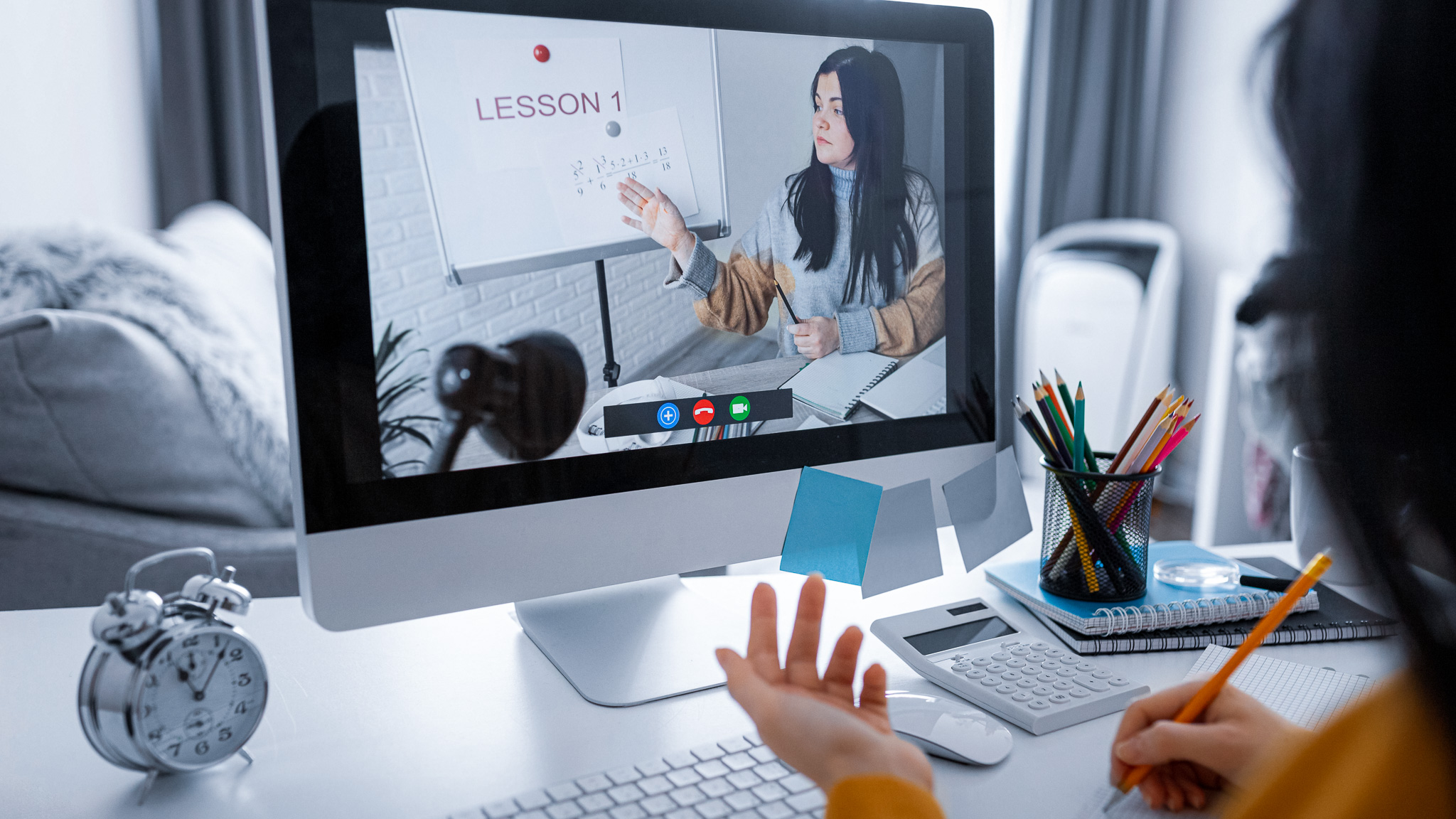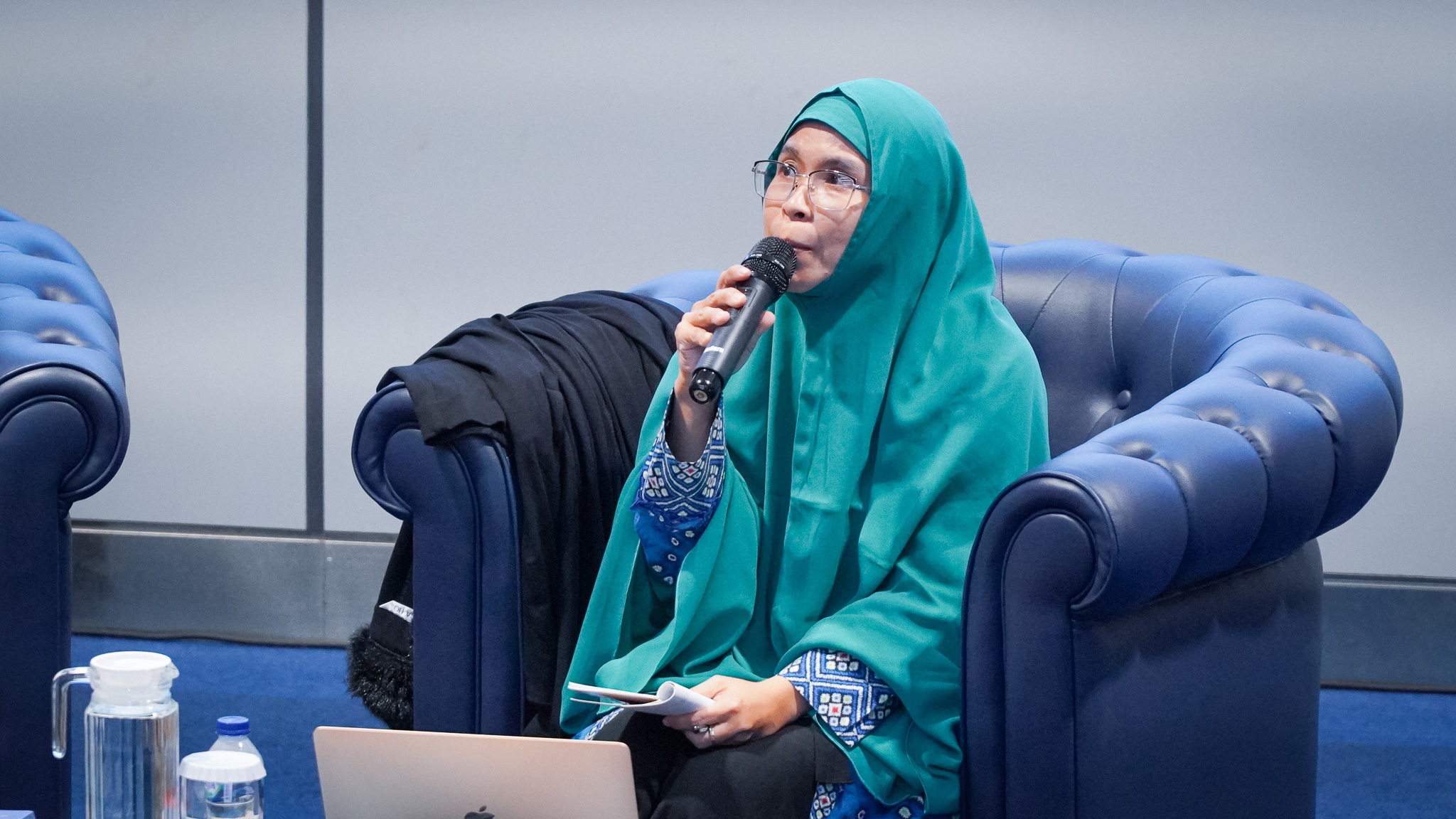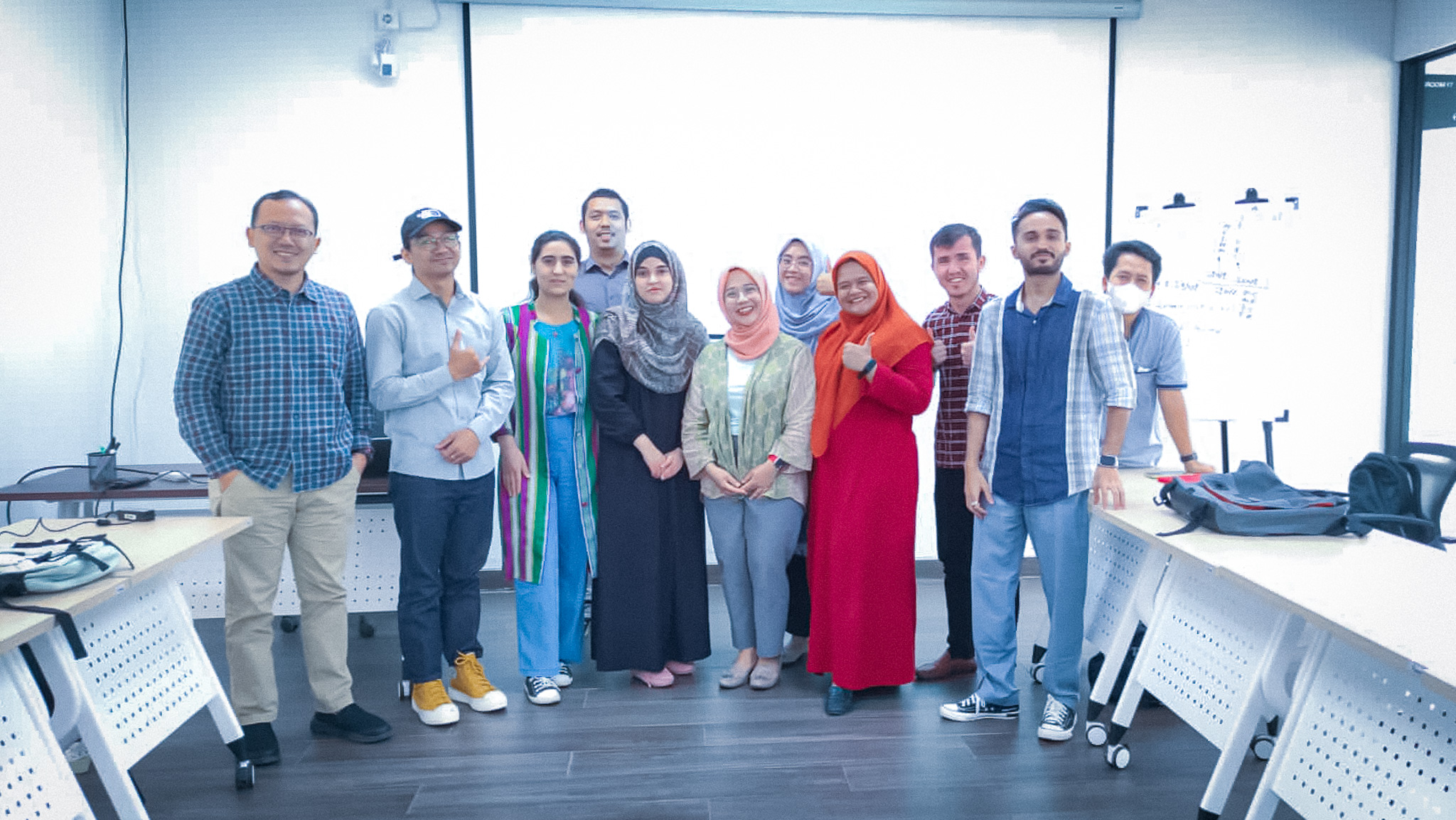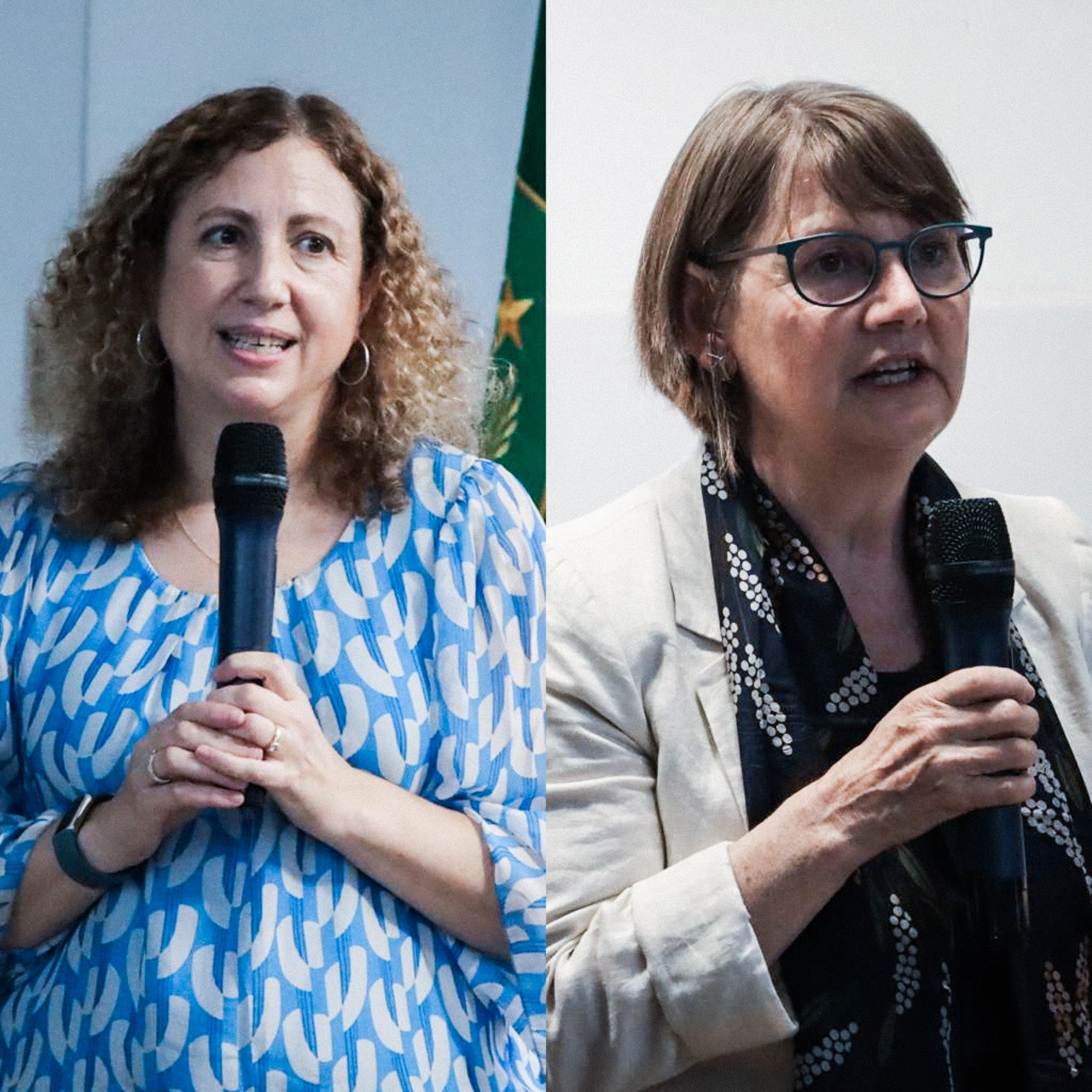FoE’s Guest Lecture on Virtual Learning and Inquiry-Based Lesson
January 04, 2024Contributor: Erickson Samson | Editor: Supriyono

UIII.AC.ID, DEPOK - On December 12, 2023, the third cohort of MA in Education students at Universitas Islam Internasional Indonesia (UIII) had the privilege to have a lecture session with Dr. Arif Hidayat, a lecturer from the Indonesia University of Education (UPI) Bandung and a Scholar in Residence at UIII's Faculty of Education (FoE).
Part of the "Learning Design and Technology" course convened by Dr. Destina Wahyu Winarti, the lecture by Dr. Hidayat focused on the "Virtual Learning and Inquiry-Based Lesson" introducing the students to the "PhET: Interactive Simulations", guiding them in creating meaningful, engaging, efficient, and effective online learning experiences in preparation for their final projects.
Dr. Hidayat provided a comprehensive introduction to PhET, emphasizing its role in delivering enjoyable, complimentary, and research-grounded simulations in science and mathematics. He stressed the significance of rigorous testing and assessment methodologies, including student interviews and classroom observations, to ensure the educational effectiveness of the simulations.
Students actively engaged with PhET simulations throughout the session under Dr. Hidayat's guidance. The interactive nature of the lecture encouraged exploration into the impact of simulations on learning outcomes, prompting insightful questions about the interplay between virtual tools and traditional equipment.
Moreover, Dr. Hidayat shared strategies for engaging students through lecture demonstrations/visualizations, whole-class inquiry, interactive discussions with predictions, concept tests, peer instruction, and interactive lecture demonstrations. He outlined the simulation design process strategically, starting from research and learning goals and progressing through initial design, interviews, redesign, classroom testing, and final design.
Offering further insights, Dr. Hidayat provided tips for concept testing coupled with simulations, urging consideration of the "affordances" of simulations, making the invisible visible, leveraging representations, using models, employing attractive distractors to probe student difficulties that would make learners ask and recognizing functional relationships.
Dr. Hidayat's engaging teaching style emphasized an inquiry-learning approach and the potential of virtual learning experiences. His didactical-first approach, drawing insights from interviews and classroom constraints, involves delivering information directly from the teacher to the student. The teacher chooses the instructional topic, manages instructional stimuli, requires a response from the student, assesses student responses, and offers reinforcement for correct responses and feedback for incorrect ones. It offered students a fresh perspective on integrating technology into education.
Dr. Hidayat encouraged students to follow up on the lesson by presenting diverse opinions and different contexts in learning. The impactful lecture has inspired students to reconsider the role of virtual learning and inquiry-based lessons in shaping the future of education. Dr. Hidayat's innovative teaching methods and insights into the effective use of technology have unquestionably broadened the horizons for aspiring educators in the Faculty of Education and prepared them to integrate technology into education.
- EconInsight on ‘Industrial Policy for Indonesia’ with Dr. Arianto Patunru
- UIII Students Visit BAPPENAS, Getting Closer to National Development Planning
- Theological Perspectives and Environmental Stewardship at UIII’s Climate Talk Series
- Saudi Arabian Ambassador Visits UIII, Paving a Way for Future Collaboration
- UIII’s Climate Talk Series Tackles Contentious Mining Regulation
- Prof. Arya Gaduh Discusses Causal Inference in Education and Social Science at UIII’s EconInsight
- Climate Talk Series #5 Highlights Muslim Environmentalism with Prof. Anna M. Gade
- One Fine Day in Celebrating UIII’s 8th Anniversary
- FoE Holds 2nd Graduate Forum on Researching and Publishing
- UIII Masterclass 2024 Addresses the Nexus of Artificial Intelligence and Islam


